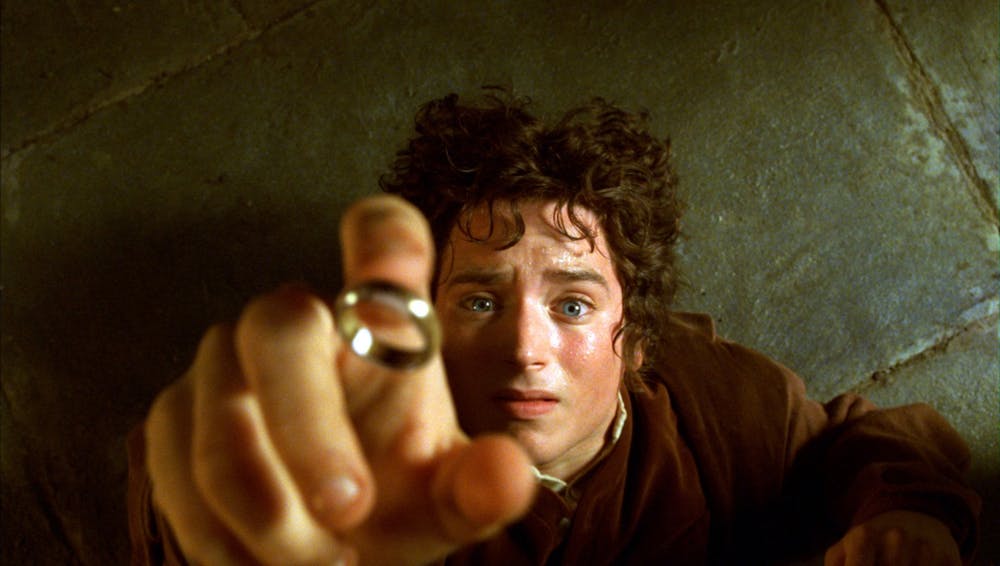It’s hard to describe the feeling of awe watching good fantasy or science-fiction can bring. From the political drama within the fantastical world of “Game of Thrones,” to the cosmic horror of “2001: A Space Odyssey,” fantasy and sci-fi can become truly transformative experiences in the eyes of the viewers. It’s almost a childlike feeling — to dream of a world larger than the one we know.
Fantasy in storytelling takes its readers or viewers through an author’s entire psyche. A great example of fantasy’s role in stretching the limits of imagination is the world of Middle Earth in the “Lord of the Rings” series by J.R.R. Tolkien. Tolkien not only crafted a story based on the horrors of his experience in World War I, but he also created entire languages.
Tolkien built his world larger than life, constructing cities, topography, and religion in his stories. Not only can these details in Tolkien's world be analyzed in relation to our own, but they are also simply awesome to explore.
[Related: 'Creepy, Crawly, Mysterious:' Drima Events premieres 'Spellbound,' an immersive theater event]
Mankind’s history is littered with attempts to break out of our world. To travel to the ends of the earth as in the Homeric “Hymn to Heracles” from Ancient Greece, to enter the realms of heaven, hell and purgatory in the “Divine Comedy” in Renaissance Italy, and to our earliest history, within Gilgamesh’s journey for immortality in the “Epic of Gilgamesh” in ancient Mesopotamia.
Our stories have always dreamt bigger than our reality, representing the best aspects of our existence, and as humanity grew into its current state, our dreams became bigger and bigger.
Science fiction represents the best aspirations of humanity through its passionate push to never stop pushing the boundaries of human thought. Sci-fi readers crave anything new — anything they’ve never heard before, leading to a wide array of stories that go from atomic devastation to the civilizations of galaxies. This attitude of pushing forward and creating new, unique things transports consumers of the genre into an almost childlike state of wonder and inspiration.
[Related: A day in the life of an elf: Inside the Lothlorien Nature Sanctuary]
This inspiration is why sci-fi and fantasy are so important. The same imagination that allowed author Frank Herbert to create the universe of “Dune” allowed innovators to create the smartphone I watched it on. Before we went to the moon, Francis Godwin explored it in his writing of “The Man in the Moone.”
Storytelling that transports its audience to the ends of imagination is important in our world today. When authors, artists and filmmakers can imagine worlds where peaceful galactic civilization is possible, where Hobbits can defeat the forces of the evil Sauron and where we harness the power of stars, solving our current issues seems like a much smaller challenge.
Andrew Miller (he/him) is a freshman studying journalism and history.






